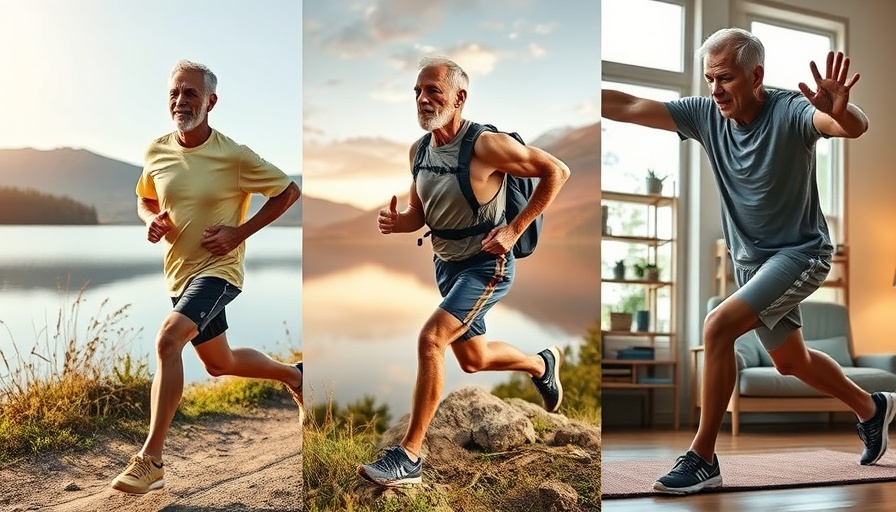
Why Slow and Steady Wins the Race in Fitness
In the fast-paced world we live in today, particularly with the influence of social media, there is an overwhelming temptation to seek instant results. This is especially true in fitness, where many chase after immediate gains in strength and endurance. However, the wisdom gleaned from decades of training suggests that the tortoise, not the hare, is the true champion. Slow and steady progress allows individuals to build a strong foundation, reducing the risk of injury and creating a sustainable routine.
Embracing a slower approach means building consistency over time. For those embarking on their fitness journey, starting with slower-paced exercises may seem counterintuitive, but it is crucial for long-term success. By training your body to adapt gradually rather than pushing it to its limits prematurely, you pave the way for greater achievements down the line. In addition, focusing on proper form and mechanics in the initial stages can prevent injuries that can sideline your progress.
Mastering Your Form with Lighter Weights
One of the greatest lessons I've learned over the years is the importance of starting with lighter weights, especially for seniors. This approach not only promotes the development of a solid foundation but also trains your nervous system to engage correctly, facilitating safer strength gains. By lifting lighter weights, older adults can avoid injuries that heavier lifting might cause. This method also enhances muscular endurance and proprioception, which is crucial for physical stability.
As you become more comfortable and stronger, gradually increasing your weights becomes not only safer but also more effective. Many seniors are unaware that they can achieve significant strength improvements through lighter weight training. Lifting smart doesn't just lead to physical enhancement; it fosters a sustainable engagement with fitness.
The Pitfalls of Comparing Yourself to Others
With the rise of fitness influencers and online challenges, it’s all too easy to find yourself comparing your progress to others. However, I can personally attest that this habit can sap your motivation and lead to discouragement. Rather than measuring your worth against someone else’s achievements, refocusing on your personal journey is crucial.
Shifting your mindset to compete only with yourself allows for a more fulfilling workout experience. Setting personal benchmarks and tracking small improvements can be incredibly rewarding. This practice not only encourages pride in your progress but also fosters a healthier relationship with fitness. Prioritize your growth and celebrate the milestones you’ve reached.
The Importance of Listening to Your Body
One of the most significant takeaways from my years of fitness training is understanding the language of your body. Too often, we are conditioned to push through pain, thinking it proves our dedication. However, ignoring signals from our bodies can lead to injuries that might end our fitness journey. Pain should not be a badge of honor; rather, it’s a crucial warning sign that requires immediate attention.
Learning to interpret your body's feedback can help maintain your fitness routine long-term. It took me years to grasp when to push through and when to back off. I transformed my training by attending to my body’s needs, focusing on lighter weights and aerobic activities, which was key to sustaining my fitness. Listening to your body doesn't mean giving in; it means training smarter for longevity.
Embracing Lifelong Fitness as a Journey
Ultimately, fitness is not merely about achieving a physical ideal or finishing a specific race; it's a continuous journey that influences our overall health and well-being. Each of these lessons offers valuable insights not just for training but also for life. They serve as guiding principles for anyone interested in maintaining their fitness as they age.
When it comes to health and longevity, remember to allow wisdom—and not ego—to steer your journey. After all, fitness is about progress, not perfection.
As you reflect on your own experiences and often challenge yourself with fitness, what lessons have influenced your journey? How do you see fitness evolving in your life? Sharing this knowledge helps foster a community of encouragement and support.
 Add Row
Add Row  Add
Add 




Write A Comment